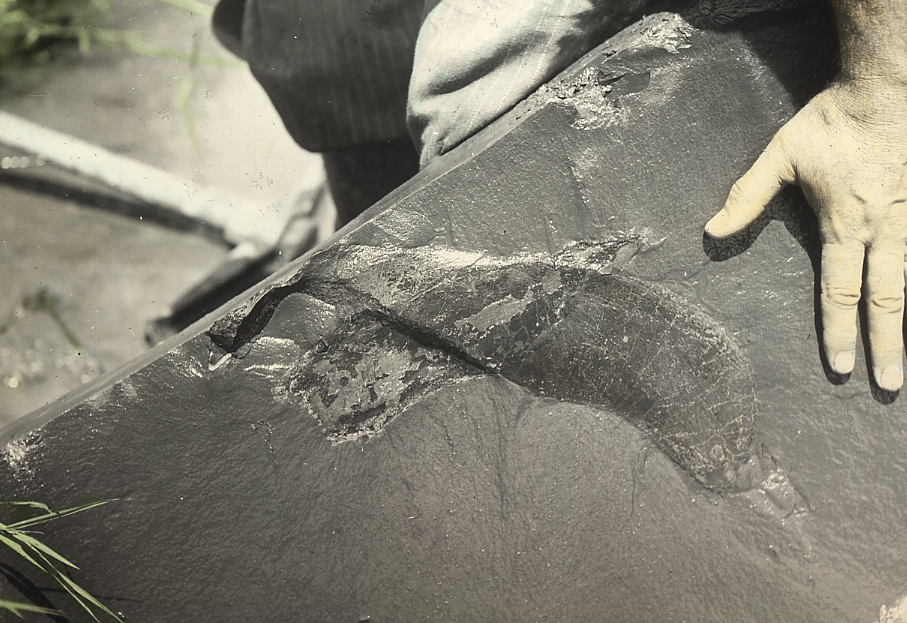I have been reading Hawthorne lately. Its for a Henry James seminar, with a bit of a comparative edge (Balzac, Flaubert, etc.). In the process of this reading of The Blithedale Romance for the seminar, and James' book on Hawthorne, I was reminded of Hawthorne as one of the first authors I read and subsequently fell in love with--one of those fabled first literary loves around the high school age. I have, as such, thought a bit about this--connecting the pleasure of this to the fact that Hawthorne is notoriously not a 'realist'--a point on which James harps again and again--and does not pay much attention to class; being much more that famous American (and I use the modifier as another potential strike against him) provincial "Romancer" interested in 'airy' things and ghost stories and all of that which might come to be all-too-hastily strewn aside from the shelf of the leftist (nominally US citizen) critic or poet as not an adequate resource for thinking about the problems of the present.
But, on further reflection, It has occurred to me the potential importance of the Romance as a genre with which would want to dialogically stage an encounter with that beast 'realism'--whether that means the cynical exposé of money in Balzac or the cruel streets that swallow up Crane's 'Maggie,' or the belief in the political and revolutionary expediency of representing the realties of labor, capital, and class in relation and conflict as advocated by now those famous (and now also a little too easily digestible and contained within Verso's helpful but necessarily truncated collection of them) debates of the Frankfurt school. That is, I think that Romance as a genre, as a genre I want to claim as a genre, might allow readings in which reality, selfhood, individuality, and basic platonic assumptions about truth and appearance are disarticulated from themselves. All of Hawthorne's deceptive airiness (as outlined from his earliest famous critics like Melville and later Lawrence) serves not simply to suggest than things are not as they appear and that one must look behind, or deeper or whatever truth-as-sight appearancevstruth theory your caught inside. Hawthorne's reality is a conjured one in which you can never tell, ever, if a thing is happening, if a mysterious and evil effect is being worked, as the result of a machine or a science or a pseudo-science or a spirit or a devil or all of the above because all of the above are somehow part of the same system or other misguided Emersonian 'Nature.' The 'truth' of Hawthorne's Romances is dissimulation, and their effect is not a reassurance of recognition, or one's direct and holy spiritual continuity with the world, but the spectral rupture, the experience of unreality. The begin their affective work in the way of all manner of thing which can bear a terrible effectivity being neither living nor dead. This is to say, that at moments, Hawthorne's more ghostly moments evoke/conjure the figure of the Derridean ghost, or that ability to produce effects without having being. The airiness in Hawthorne is not a Platonic or symbolist kind of 'more real' reality in pneumatic things, but rather a gray pale fading away of Being.
Hawthorne is a Romancer, of course, because disenchantment can be deceptively enchanting. Romance can be so useful, in that, in cutting (according to Foucault, what knowledge is for) its ties with the accountability of realistic representation it opens the world to the realities of ghostly 'reals' as dissimulations, along with all there 'bewitching' possibilities. While admitting, in the cutting, that, in a sense, as Auden taught, "Poetry makes nothing happen," Romance considers the possibility of affecting the reader's experience of reality rather than representing it.
Sunday, January 20, 2008
Subscribe to:
Comments (Atom)
